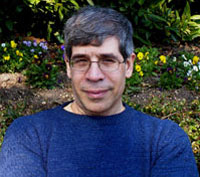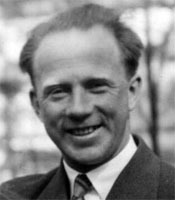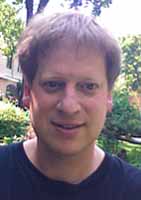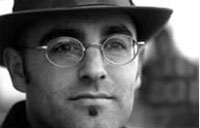In the Middle Ages, we were told what we knew by the Church; after the printing press and the Reformation, by state censors and the licensers of publishers; with the rise of liberalism in the 19th and 20th centuries, by publishers themselves, and later by broadcast media—in any case, by a small, elite group of professionals.
But we are now confronting a new politics of knowledge, with the rise of the Internet and particularly of the collaborative Web—the Blogosphere, Wikipedia, Digg, YouTube, and in short every website and type of aggregation that invites all comers to offer their knowledge and their opinions, and to rate content, products, places, and people. It is particularly the aggregation of public opinion that instituted this new politics of knowledge.
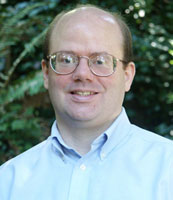
LARRY SANGER, a co-founder of Wikipedia, recently started a new competitor, the Citizendium, or the Citizens' Compendium.
Larry Sanger's Edge Bio Page
The Reality Club: Jaron Lanier, George Dyson, Gloria Origgi, Charles Leadbeater

